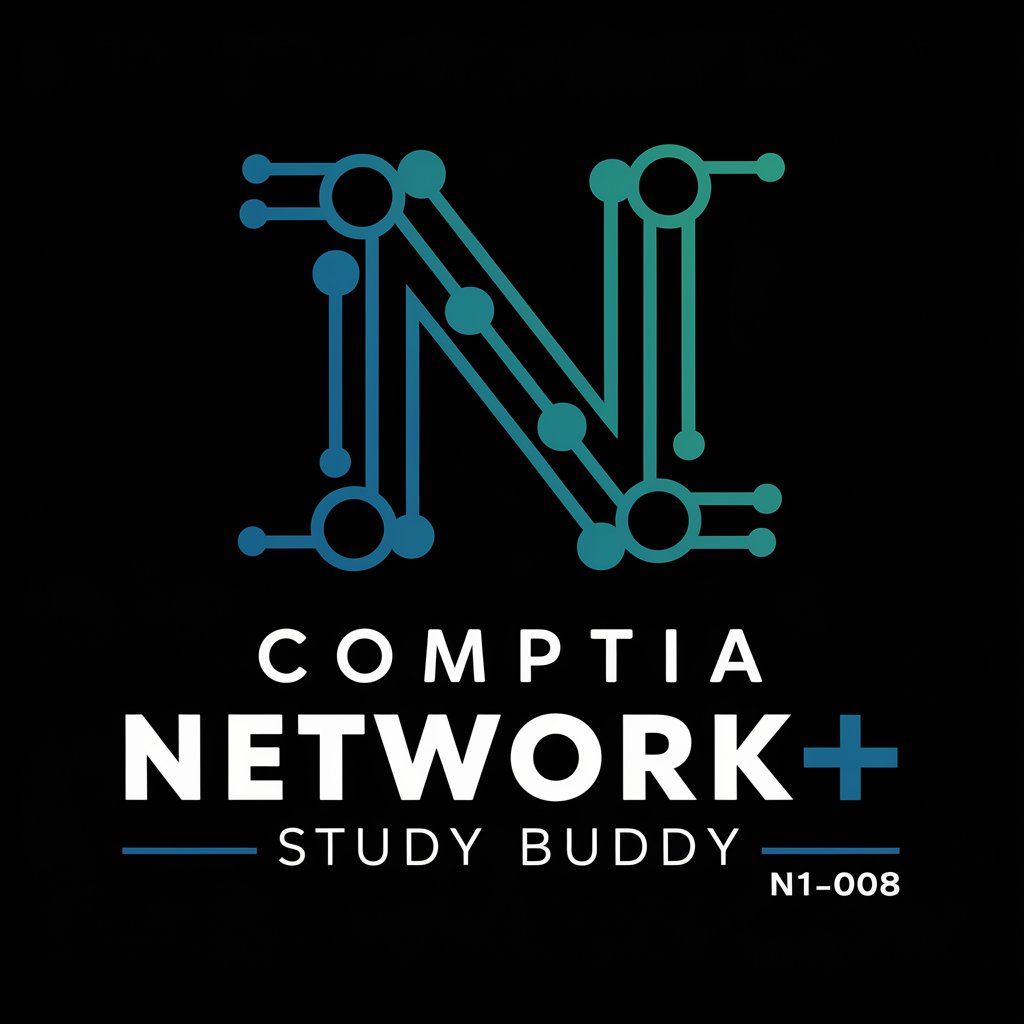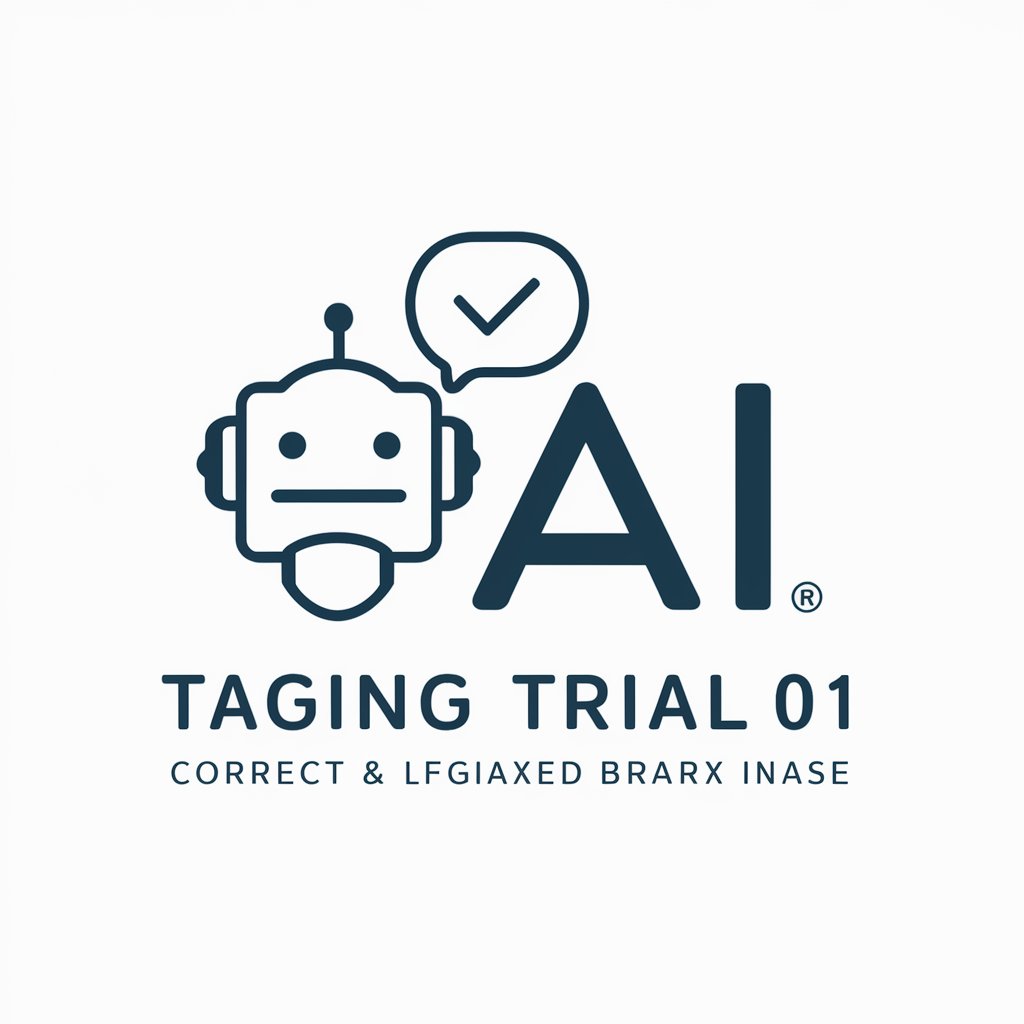MRI Master - MRI data analysis and guidance

Hello! I'm MRI Master, ready to assist with MRI imaging and data processing. How can I help?
AI-Powered MRI Guidance and Learning
Explain functional MRI
How do I process this MRI data?
Describe diffusion tensor imaging
Can you analyze this MRI scan?
Get Embed Code
Introduction to MRI Master
MRI Master is designed as an advanced resource specializing in Magnetic Resonance Imaging (MRI) techniques, data analysis, and interpretation. It serves as a comprehensive guide for professionals and enthusiasts working with or studying MRI technology. The core purpose of MRI Master is to assist users in understanding the complex principles of MRI, interpreting MRI scans, and handling data from various MRI modalities, including functional MRI (fMRI), diffusion-weighted imaging (DWI), and spectroscopy. The design integrates both technical knowledge and practical applications, ensuring users can tackle specific challenges in MRI imaging, such as optimizing scanning protocols or refining data analysis workflows. For instance, imagine a radiologist needing clarification on interpreting subtle changes in white matter using diffusion tensor imaging (DTI). MRI Master can guide the user through understanding fractional anisotropy (FA) and how abnormalities may relate to pathology. Another example could involve a neuroscientist looking to enhance fMRI preprocessing steps—MRI Master would offer tailored suggestions for improving noise reduction and signal processing techniques. Powered by ChatGPT-4o。

Core Functions of MRI Master
MRI Technique Explanation
Example
Providing detailed breakdowns of specialized MRI techniques, such as DWI, fMRI, and MR spectroscopy.
Scenario
A neurology resident is studying for board exams and needs to understand how DWI works in detecting early-stage ischemia in stroke patients. MRI Master explains the principles of diffusion, water movement in tissues, and how this modality detects early cell damage.
MRI Data Analysis Assistance
Example
Guiding users through complex post-processing of MRI data, such as preprocessing fMRI scans for statistical analysis.
Scenario
A research team preparing for a neuroimaging study requires help with preprocessing fMRI data, particularly in dealing with motion artifacts. MRI Master provides step-by-step instructions for realigning data, correcting artifacts, and preparing it for statistical analysis.
Optimizing MRI Protocols
Example
Offering recommendations to improve MRI scan protocols for specific diagnostic purposes.
Scenario
A radiology technician is tasked with optimizing an MRI protocol for cardiac imaging. MRI Master helps refine the parameters, such as adjusting the TR (repetition time) and TE (echo time), to achieve better image quality for dynamic cardiac assessments.
Interpretation of Advanced MRI Imaging
Example
Helping interpret challenging MRI findings, particularly in complex cases involving specialized imaging sequences like susceptibility-weighted imaging (SWI) or MR angiography (MRA).
Scenario
An experienced neuroradiologist encounters a challenging case involving subtle cerebral microbleeds on SWI. MRI Master offers insights into how to differentiate microbleeds from calcifications and other potential artifacts.
Cross-Modality MRI Comparisons
Example
Providing comparisons between different MRI techniques to highlight their advantages and limitations for specific diagnostic scenarios.
Scenario
A researcher is deciding between using fMRI and MR spectroscopy for a cognitive task-based study on metabolic brain changes. MRI Master compares the two, explaining when each modality is preferable based on resolution, temporal dynamics, and tissue-specific information.
Ideal User Groups of MRI Master
Radiologists
Radiologists use MRI Master to refine their understanding of advanced MRI sequences, protocols, and imaging artifacts. By providing detailed, case-specific insights, it helps them optimize diagnostic accuracy, especially in complex neurological or oncological cases.
Neuroscientists
MRI Master supports neuroscientists who need advanced fMRI and DTI analysis for brain research. It offers insights into preprocessing data, dealing with artifacts, and applying statistical models to complex datasets, streamlining research workflows.
Radiology Technologists
Technologists benefit from MRI Master by learning how to adjust scanning protocols for improved image quality. It helps them fine-tune parameters for specific exams, ensuring that images are diagnostic-quality and efficiently acquired.
Medical Physicists
Medical physicists can leverage MRI Master to understand the physics behind MRI sequences and troubleshoot equipment or protocol-related issues. It provides in-depth technical knowledge on pulse sequences, signal-to-noise ratios, and magnetic field considerations.
Medical Students & Residents
Students and residents can use MRI Master as an educational tool to grasp fundamental and advanced MRI concepts. It serves as a study resource, breaking down complex MRI principles, modalities, and diagnostic applications in an accessible format.

How to Use MRI Master
Visit yeschat.ai for a free trial without login, also no need for ChatGPT Plus.
MRI Master is accessible directly via the yeschat.ai platform. You can try it out for free without the need for login credentials or a premium subscription like ChatGPT Plus.
Specify your query type or purpose.
Whether you are interpreting MRI images, learning about advanced MRI techniques, or need assistance with MRI data processing, state your specific question or task clearly to get tailored, in-depth responses.
Provide MRI data or context for analysis.
If you have specific MRI scans or datasets for analysis, describe the context in detail to help MRI Master offer accurate interpretation and guidance. For questions about techniques, clarify the MRI modality or sequence of interest.
Engage with MRI Master’s responses.
MRI Master is designed for interactive learning and problem-solving. Review its answers, ask follow-up questions, and request clarifications as needed to deepen your understanding of the MRI subject.
Apply the insights or techniques to your research or analysis.
Once you receive detailed explanations or steps, integrate this information into your workflow, whether you are conducting academic research, clinical analysis, or learning MRI concepts.
Try other advanced and practical GPTs
João Frango
Catch Waves with AI!

Saju Companion
Discover Your Fortune with AI-Powered Insights

달무리
Your Personal AI Poet

Lyney
Engage smartly, chat casually.

유미코
Your AI-powered companion for meaningful conversations.

SHCT - Super Human Communication Tool
Empower Your Voice with AI

CompTIA Network+ Study Buddy
AI-Powered Network+ Exam Prep

RA Jayden
Empowering decisions with AI-guided advice

Vocal Coach
Elevate your voice with AI-powered singing guidance.

My Singing Monsters Style Monster
Unleash creativity with AI-powered monster design.

Guia do Churrasqueiro AI
Master the art of Brazilian grilling with AI-powered advice.

taging trial01
Precision Branding with AI

Frequently Asked Questions about MRI Master
What kind of MRI techniques can MRI Master explain?
MRI Master covers a wide range of MRI techniques including functional MRI (fMRI), diffusion-weighted imaging (DWI), magnetic resonance spectroscopy (MRS), and advanced post-processing methods. It can help explain the principles, setup, and data interpretation for each modality.
Can MRI Master help with the interpretation of clinical MRI scans?
MRI Master provides in-depth technical explanations and guidance on how to interpret MRI images, but it does not offer medical diagnoses or treatment advice. It focuses on explaining imaging patterns, techniques, and analysis methods.
What are some common use cases for MRI Master?
Common uses include helping researchers understand advanced MRI techniques, guiding students through MRI physics concepts, assisting technicians with image quality assessment, and explaining data processing pipelines in neuroimaging.
Do I need any special tools or software to use MRI Master?
No additional software is required. MRI Master provides insights and explanations through its platform. However, if you are processing MRI data, familiarity with imaging software (such as FSL or SPM) may be helpful to apply some of the guidance.
How detailed are the MRI-related explanations?
Explanations are highly detailed and technical, designed to support academic research, advanced study, or clinical inquiry into MRI techniques. MRI Master breaks down complex topics into clear, step-by-step explanations, making them accessible yet comprehensive.
